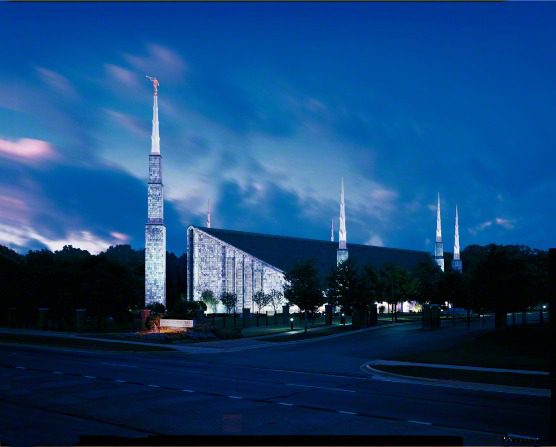
Latter-day Saints in Chicago had a notable opportunity recently when President Dallin H. Oaks, first counselor in the First Presidency of the Church of Jesus Christ of Latter-day Saints, passed through as a visitor. There’s special significance in his visit because he lived in Chicago for a number of years, originally as a student at the highly-ranked law school of the University of Chicago and then, among other things, as a member of the law school’s faculty. Here is an article on his remarks to an audience there:
I’m particularly interested in a couple of passages from the article:
“‘Your generation has grown up with an avalanche of information about the history of the Church that is new to many and concerning to some,’ he said. “The time-honored principles of relying on and trusting the Lord and His servants are questioned by some.’ . . . He acknowledged that some Latter-Saint couples face conflicts over important values and priorities. Matters of Church history and doctrinal issues have led some spouses to inactivity. Some spouses wonder how to best go about researching and responding to such issues. ‘I suggest that research is not the answer,’ he said. The Church does offer answers to many familiar questions through its Gospel Topics Essays found at lds.org. ‘But the best answer to any question that threatens faith is to work to increase faith in the Lord Jesus Christ,’ he said. ‘Conversion to the Lord precedes conversion to the Church. And conversion to the Lord comes through prayer and study and service, furthered by loving patience on the part of spouse and other concerned family members.'”
Some might expect me to disagree with President Oaks’s statement that “research is not the answer.” I mean, I was deeply involved for many years (after all) with the old Foundation for Ancient Research and Mormon Studies (FARMS) and its successor, the pre-2012 Neal A. Maxwell Institute for Religious Scholarship. And now I’m deeply involved with the Interpreter Foundation. And those organizations have focused on fostering faithful research into the scriptures and claims of the Restoration and on publishing the results of that research as widely as possible.
Quite so. And I believe that scholarship supplies many reasons to accept and sustain Latter-day Saint faith.
But, apart from the most simple and noncontroversial topics, research and scholarly argument will almost always be tentative, inconclusive, reaching probable conclusions and arguing for positions that invite qualifications and counterarguments. What caused the fall of Rome? Who wrote the Odyssey and the Iliad? What are the roles of nature and nurture in human personality? What is the ultimate origin of morality? These and thousands of other such questions have been and continue to be disputed — to say nothing of such questions as whether there is a God, whether Jesus really rose from the dead, whether Joseph Smith was or wasn’t inspired.
And yet, in matters of ultimate concern — religious questions, really, whether one answers them “religiously” or not — decisions must be made in the absence of definitive, objective, publicly demonstrable “proof.” And those decisions are inescapable. Not to decide is, itself, to decide.
We can research forever. And I think that we should do so. In the meanwhile, though, we must live — and life is ticking inescapably away. Moreover, the life of a disciple requires commitment. It’s not a never-ending Ph.D. program supported by an inexhaustible scholarship fund. Covenants need to be made or not made, kept or abandoned. Children need to be reared, in faith or without it. Infinite postponement is impossible.











